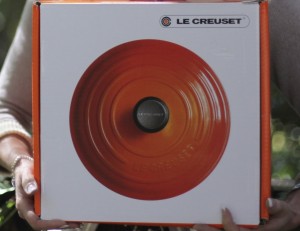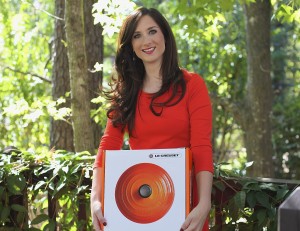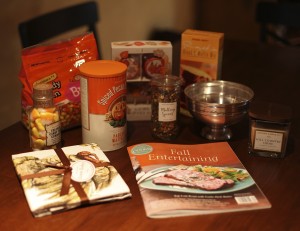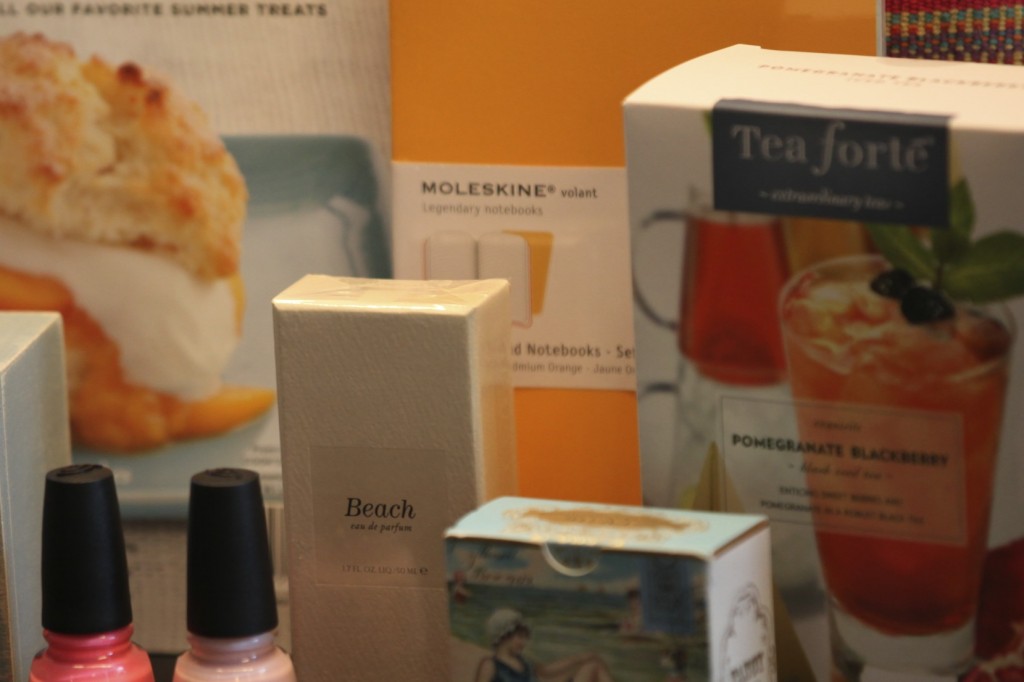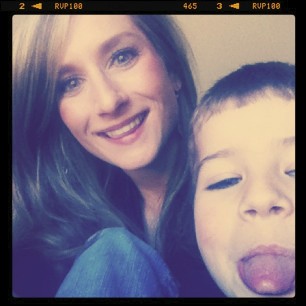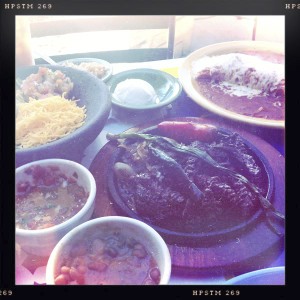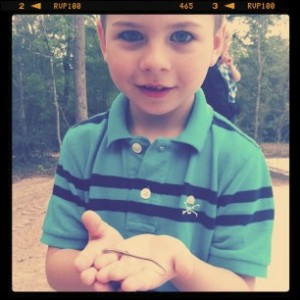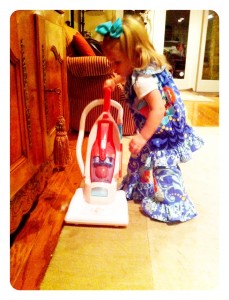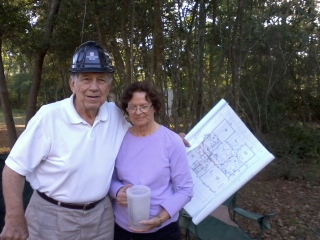**UPDATE**
Congratulations to the winners of the birthday drawing! Your names are posted below. Watch your inbox for an email from Living Proof later today so that we can get you your gift!
BONUS: The wonderful people at AMG Publishers have extended a 50% discount to any of you who would like to order a Key Word Study Bible! Click here to get more information, or to order your Bible. AMG Publishers
Winners:
#523 – Carole Germain #4348 – Karen Quinn
#2282 – Merissa G. #4399 – Anna Bunch
#2321 – Marilyn Riley #4430 – Nancy Beeey
#2756 – Merissa Ury #4813 – Myrlene Darnell
#2876 – Beth Longar #5648 – Nan Smith
#3937 – Dani Turner #5798 – Rachel C.
=================
A few nights ago I walked my buck wild new puppy around my neighborhood, watched the sun sink deep down into the horizon, and then settled in back at home. I flipped on my favorite season of the West Wing and I ate an entire bag of tortilla chips and ¾ a jar of my favorite salsa for dinner. What is it they say again? The apple does not fall far from the tree. Or something like that?
You see when we were growing up Mom would throw us kids in the back of Brontosaurus the station wagon and haul us halfway across the city to her old favorite Tex-Mex joint. She ordered a pint of salsa and a gigantic grease-stained brown paper bag of tortilla chips for take-out and she would eat all of this and only this for her dinner. Her own dinner. I can’t remember what we kids even ate, or if she fed us at all. I’m only kidding about that last part.
My mom was born at high noon in a fierce thunderstorm, my grandfather said. Her presence still shifts the atmosphere. A few weeks ago Mom left for a week in the hill country for a time of writing and solitude. The second she got back home, I loaded up my stuff and headed out to spend a night with she and my Dad. You see, for me, going to hang out with my parents isn’t really like going to hang out with the parents. Far from duty, it’s one of my favorite things to do. We caught up on all the life stuff that night. And then in the morning we drank our coffee in our pajamas and by 8:30 a.m. at the latest we had already covered topics such as the theology in Ephesians, the New Testament canon, the Holy Spirit’s role in the interpretation of Scripture, and the Festal Letter of Athanasius.
I have to say, this woman utterly dazzles me. She is the sweetest in the land. She is gracious and sanguine and loving and kind, no doubt, but she is serious and intense and focused and courageous. She has opinions and perspective and boldness and wisdom from the ground like no other. For all her awesomeness she is not self-righteous or squeamish, and God knows I have pushed her limits.
Mom is deeply committed to our family and I’ve always known that full well but I’ve also seen that she’s preoccupied with something a whole lot bigger than us. Probably the most important thing I have learned from her is that being caught up in Jesus and what He is doing in the world is everything. It is the ultimate priority and a family committed to His work in the world will get the privilege of making sacrifices together.
Over the past few years in my own journey I found myself in an unknown place, a place where a heart could break deeper and wider and in more directions than I could have imagined possible. Mom has walked alongside me on this road further than any human could be expected to walk with another. She would have had good reasons to just sit out a while and catch her breath. But she never left my side. The road has been bumpy but also tedious and repetitive. When the landscape didn’t seem to change for a long, long time, she kept plodding along with me, carrying my burdens and helping me shoulder the grief that felt too much to bear.
Mom is tender and she is strong and she is not afraid to look pain and grief and loss dead in the eye. Even more, she is daring enough to hope against hope. To see in others, even me, the beginnings of life and growth and health and wholeness where others might only see brokenness and death. She has shined the light of Jesus on me more times than I can count.
She can fry a chicken and whip up mashed potatoes and gravy with the best of the Southern cooks. Her pleasures are simple: the reading of books, sitting on the front porch, walking her dogs in the woods, eating dinner with my Dad, playing games on the floor with her grandkids, and drinking tea with Amanda and me. But make no mistake she is wicked smart and complex and multifaceted. She is so much more than even the best caricature of her could ever hope to be.
I love her.
Yes, I love her. If one photo could capture the light and color she brings to my world, this is it:
It is my joy and honor to be her daughter and also to work for her at Living Proof. This blog giveaway is just one of many ways I celebrate her beautiful life today. The first three gifts are from Living Proof and the last two gifts are personal gifts from me.
First and foremost, we are giving away eight Key Word Study Bibles. My mom gave me one of these Bibles many years ago. It was one of the first Bibles I ever really remember being excited about. It helped me become familiar with various Greek and Hebrew words before I ever took a Greek or Hebrew reading class. Every time I read it I was reminded that the Scriptures we hold in our hands in English are a translation. Remembering this often is a good thing and will take a person a long way in the study of the Bible, I think.
Second, we are giving away an assortment of several pounds of favorite Houston coffee beans. My mom is a serious coffee drinker, so this is just an obvious addition. This package will include but not be limited to one of my current favorites:
Third, we are giving away an arrangement of fresh flowers Mom loves. And, really, who wouldn’t like these?
Fourth, we are giving away a crossbody saddlebag. Mom and I both carry versions of this crossbody bag over and over again until one breaks and we have to buy another one.
Fifth and finally, we are giving away a small bottle of Flowerbomb. Mom wears lots of different perfumes, but she most often travels with this one.
So, if you’re interested in our giveaway please do pop on and say “Happy Birthday” and show Mom some love. Your comment becomes your entry into our random drawing. Comments will officially close 24 hours after the post is published, and please only one comment per person. The names of our winners will be posted at the top of this post at some point on Thursday.
I hope you all are happy and well.
And, Mom, I love you!
The best is yet to come,
Melissa



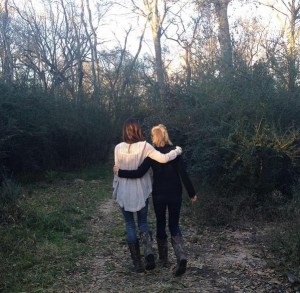



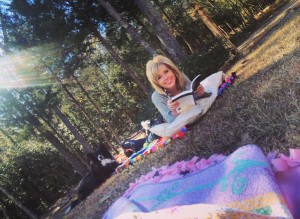
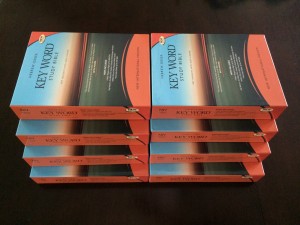
![IMG_2993[4]](https://blog.lproof.org/wp-content/uploads/2015/06/IMG_29934-300x225.jpg)







